Unwinnable war: Elusive dream of military victory ends
Kugelman says after 19-year-long war, ‘the balance sheet is ugly for the US’
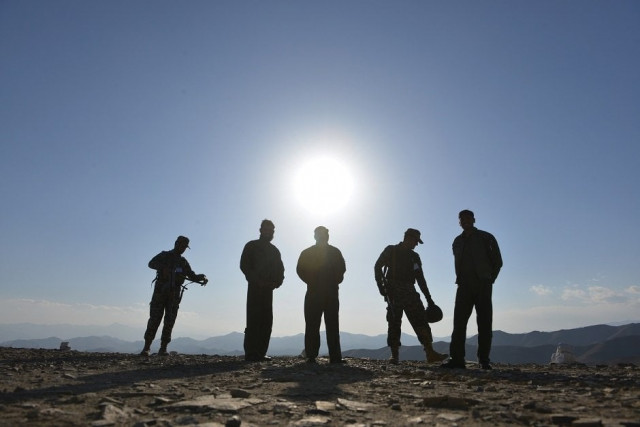
An AFP file photo
The peace deal between the long-term enemies, according to analysts, is a vindication of Islamabad's consistent position on the Afghan peace process.
“It is a clear vindication for Pakistan. Despite the consequences, it comes out as a victor for consistently urging all sides to seek a political solution for the Afghan conflict," said senior defence analyst Maj Gen (retd) Inamul Haq.
He explained that Pakistan has always been the strongest proponent of an Afghan-led and Afghan-owned
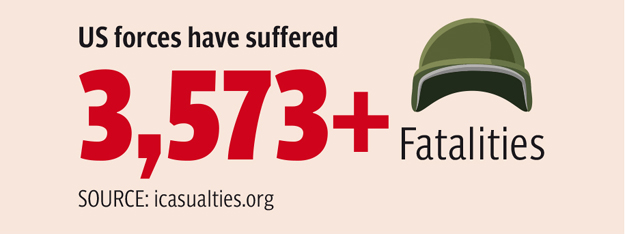 DESIGN BY MOHSIN ALAM
DESIGN BY MOHSIN ALAMpeace process. "There is no other way they could have secured peace in Afghanistan," he added. The deal signing, he said, was a validation of Pakistan's relevance on the regional and international stage.
Afghanistan has been the battleground for decades. Since 2001 fighting has primarily involved the US-led coalition forces and the Taliban. The Americans invaded the country after accusing the Afghan militant group of harbouring leaders of al Qaeda, the terrorist organisation involved in attacks on New York and Washington on September 11, 2001.
But soon after the US-led coalition drove the Taliban from power, the group reorganised to launch a deadly insurgency. Fighting since then has mostly involved US forces and allied Afghan government troops squaring off against the Taliban.
For almost two decades, the US-led forces were on a mission to cripple the Taliban, train the Afghan military, and bolster the government in Kabul. However, 19 years later, little seems to have been accomplished.
According to Syed Hassan Akbar, a foreign policy expert based in Islamabad, the United States failed to secure a military victory in Afghanistan. “All sides were exhausted and there was recognition on both sides that a peace agreement was required to end the conflict."
Crediting Pakistan for playing a pivotal role, Akbar said: "Islamabad played a very important role in bringing the two sides to the table and both Washington and the Taliban have acknowledged it.” Pakistan, according to Akbar, bore the brunt of instability in Afghanistan. “We faced terrible vilification on the international stage. Pakistan faced the blame for the failures of the American war machine," he said.
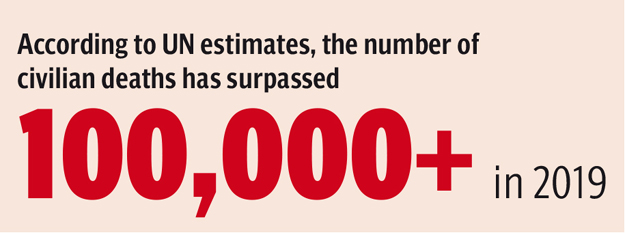 DESIGN BY MOHSIN ALAM
DESIGN BY MOHSIN ALAMWhy now?
On the slow burner for over a year, the Afghan peace deal, despite the spoilers, comes at a time when both sides seem equally exhausted and frustrated with the stalemate. The agreement, some suggest, also coincides with the upcoming US presidential elections. "President Trump is seeking another term and he wants to keep at least one of his campaign pledges. He wants to bring the troops home as promised," said Dr Talat Wizarat, a Karachi-based foreign policy expert.
‘US military didn’t win’
Watching the developments unfold from Washington, Michael Kugelman, the deputy director of the Asia Program at the Wilson Center, and a leading specialist on Afghanistan, India, and Pakistan, said the deal does not end the US role in the war. "It reduces, but does not eliminate, the US troop presence," said Kugelman. He believes the agreement opens up a path to launch an Afghan peace process.
On the possible takeaway for the Americans, Kugelman said: "The ultimate takeaway for the US military is that it couldn't win the war and that it was best to leave it to the diplomats to try to wind it down."
Kugelman commended the US for moving the needle forward in several areas, especially women's rights, economic development, and capacity building within the Afghan security forces. "But at the end of the day, the balance sheet is ugly for the US." The Taliban, he said, control more territory than at any time since the US forces entered Afghanistan.
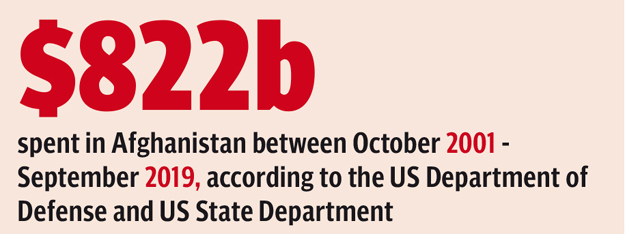 DESIGN BY MOHSIN ALAM
DESIGN BY MOHSIN ALAMIn Kugelman's opinion, Pakistan played a critical role in not just getting the Taliban to the negotiating table with the US, but in getting the right members to the talks.
“For Washington, Islamabad's release of Mullah Baradar from prison to allow him to lead the Taliban’s negotiation efforts was a major deliverable," he said. Pakistan's role, in the future, he said, was uncertain.
"Now that there's a US-Taliban deal, the role of Pakistan becomes more unclear. Its close ties to the Taliban mean that it will continue to be a key regional actor moving forward." In Kugelman's assessment, Islamabad may struggle in the future with the negotiations becoming all-Afghan.
On Saturday, Pakistan also won praise from US Secretary of State Mike Pompeo. While speaking in Doha, Pompeo thanked Islamabad for helping facilitate negotiations in Afghanistan and called on Islamabad to uphold its commitments to help make Afghanistan a peaceful and prosperous place.
Pointing out the key factors that triggered the deal, Kugelman said Trump, with his tendency to be blunt, telegraphed publicly his desire to pull troops. "That disclosure made the Taliban more willing to talk, knowing it would derive leverage given that the US side would be in a rush to get a deal," he added.
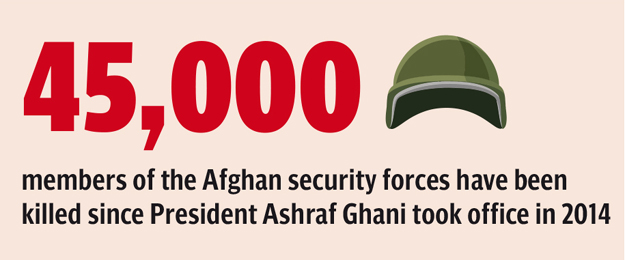 DESIGN BY MOHSIN ALAM
DESIGN BY MOHSIN ALAMFuture of peace
The agreement signed on Saturday, experts believe, will mostly live up to its fanfare in the long run as all sides seem to be exhausted and unwilling to fight. "In a nutshell, the hurdles are in the implementation process. I see more spoilers from the American side," cautioned Maj Gen (retd) Inamul Haq.
He said the Taliban seem to be willing and ready to experience peace in the country. "I see a fair chance that the dialogue will succeed if the Afghan government plays along," Haq added. According to him, other players, including China, Russia, and Iran, are equally invested in this peace process and would not like instability in the region. On the other hand, Hassan Akbar, an Islamabad-based foreign policy expert, cautioned against New Delhi's capability to play the spoiler.
Lessons
Speaking of lessons after what appears to be the beginning of the end of America’s longest military misadventure, Haq said: "Americans never learn. If they wanted to learn, the defeat in Vietnam was a good enough lesson," he said. "They (Americans) are known for trying all the wrong options before trying the right one," he quipped.
The Afghan conflict, Haq said, echoes the American defeat in Vietnam. “A superpower relied heavily on the use of force against a weak opponent and the weak opponent, in this case, the Taliban, denied the superpower the victory it wanted so desperately."
Cost of war
As Afghanistan takes a step closer to ultimate peace, analysts are trying to assign a price tag to America's longest war. According to some independent estimates the US taxpayers might have paid over $2 trillion for the military misadventure that dragged for more than 19 years.
Official estimates provided by the Departments of Defence and State combined put the figure over $800 billion. However, an independent study conducted by Brown University in 2018, suggests the government may have underreported the cost of war to prevent public anger.
On the human cost of the war, The Costs of War Project, a public website that facilitate debate about the costs of the post-9/11 wars, about 157,000 people lost their lives in the Afghanistan war since 2001. In a recent media briefing, the country's president claimed more than 45,000 security officials lost their lives since 2014.


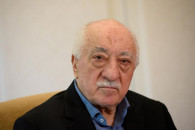


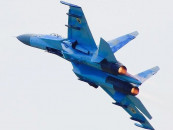













COMMENTS
Comments are moderated and generally will be posted if they are on-topic and not abusive.
For more information, please see our Comments FAQ